TREND WORDS
bold beginnings
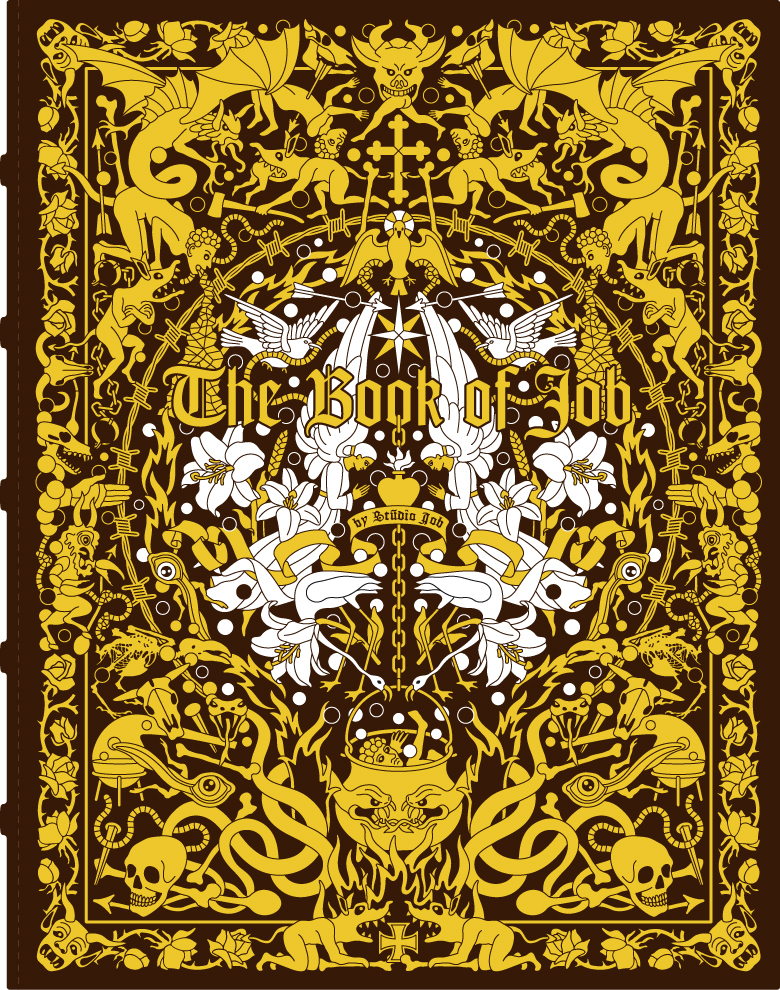
“BOLD BEGINNINGS” is an essay celebrating the work of Studio Job, whose career Lidewij Edelkoort has followed since the duo’s early days at the Design Academy Eindhoven. In 2007, Edelkoort was proud to present a survey of their work at the Designhuis’ inaugural exhibition in Eindhoven as well as an installation called “Safe House” in her studio in Paris. This text was published by Rizzoli in the landmark publication “The Book of Job” (2010), beautifully conceived and designed by Studio Job.
They are bold and happen to be beautiful also.
They are bold and make giant leaps creating the market of autonomous design.
They are bold in designing perfectly researched and precisely executed archetypical forms, interpreting furniture and artefacts found in historic palaces and rural areas and magnifying them to unusual proportions to make us aware of the beauty of the ordinary products in our kitchens and the value of the exotic finds in our curiosity cabinets.
Bold beauty is in the eye of the beholder.
Bold charms embrace universal symbols of romance, religion, royalty and region, chained together in heavy pieces of oversized jewellery.
They are bold characters, outspoken and confident in their creations, comfortable in their own skin and enjoying every minute of their hectic existence, although suffering will always be around the corner.
Such maniacal creative energy comes with a price.
Bold in public yet timid in private, the couple safeguards their secret garden of creation. They perfectly manage and boldly direct their public image but will never diffuse the style they live in; only their cats are at times allowed to penetrate the limelight, as only cats can do.
Whether playfully carousing with a football as pouf or symmetrically book-ending their impeccable pure white composition, they carefully art direct their projected images of self. Their bold behaviour in view of their promotional activities establishes the idea of the ideal couple, the picture-perfect partners, a crisp image of youthful energy.
They draw bold objects into perfect, almost aseptic, and often spherical forms, as if to encapsulate the soul of a crafted utensil for eternity, a contemporary vision of anthropological quality. They place everyday life on a pedestal. They live amongst vanities and curiosities, skeletons, insects, bronzes and jewellery; all given form anew by Studio Job; no nostalgic clutter in their environment.
They have developed a bold sense of tactility with irregular paper, facetted bronzes, jacquard metal-weaves and bas-relief in steel. They have collaborated with excessive clients like Swarovski and Bisazza, using shine and opulence in ever bigger and bolder scenarios. Yet they have also designed self-adhesive images people use to decorate their minimalist walls. High and low are their respiration and their influence, as children of their time, they manipulate volume distribution and unique pieces with ease and irreverence.
They even managed to produce a series of ceramics for the volume market before upgrading it step by step with hand-painted embellishments for the middle market, then adding gold-plated surfaces until it became a unique piece for top-end collectors.
In the meantime, the price has gone up 100%!
Their story started early. They both graduated from the Design Academy Eindhoven with rather bold concepts; she designed a copious alphabet made of fat 3-dimensional chunks, he gave form to a series of sorbet coloured oval forms looking like furniture yet expressly without function; the debate started then and there.
Early on, their creative destinies were forged by the powerful weight of a troubled timeframe. Or as Job likes to say, the end of the industrial period and the new experience of a post-craft culture. A time of merging disciplines as expressed by Job and Nynke as intimate architects, poets of mood and illustrators of dreams (or insect nightmares), with heraldic elements of form continually coming up. Undone from function, these arms are artistic references simply there to visualise the times we live in, they become pictograms of an era plagued by fear. Although heavy, dark and dangerous, their weapons do not kill, their brittle ceramic swords do not cut and their trophies do not celebrate. These epic memorabilia are part of a fairy tale creating their own imaginative castle, a second life in physical form.
Their bold sense of humour upsets some while delighting others; are they taking us for a ride, or do we agree that life is a carousel? Choosing well-known symbolic forms they confront their audiences with their past, their memories and social status, ensnaring forgotten memories and delving them into a wealth of experiences.
Their graphic work has made them famous in the world of illustrators and they often lecture on the subject. They have even acquired a cult following in Asia amongst the manga generations. The way they move from 2-D to 3-D is effortless. Like pop-up pictures, their world flips from flat to volume in one movement, effortless. Living in their own world of fantasy they don’t even seem to notice.
The dapper duo takes on diverse markets and collectors at the same time, feeding frenzied American millionaires with robber-baron legends cast in extremely elaborate and detailed bronzes, while at the same time purifying final sketches for an installation of agricultural artefacts for a rural museum in the Netherlands. In one continent dancing around the golden calf with Design Miami collectors, while at the same time researching their fundamental regional roots. This keen understanding of markets and cultures shows a bold talent for strategic questions. In the footsteps of other entrepreneurial creators like Koons, Haring, Wanders and Warhol, they embrace the zeitgeist of a new century with dedication, insight and management skills.
Studio Job has no contemporary competitors; their only challengers come from the past. Their curved chair wants to realise Rietveld’s dream, their unique pieces are in awe of the Wiener Workstation and Memphis, their bold furniture will question Artschwager, their intricate patterns are challenging Fornasetti, their textiles become household partners like the Ploeg used to provide, and their narrative inlaid woods remember Bugatti. Indeed, their way of merging work and play could be compared to Charles and Ray…
Lidewij Edelkoort
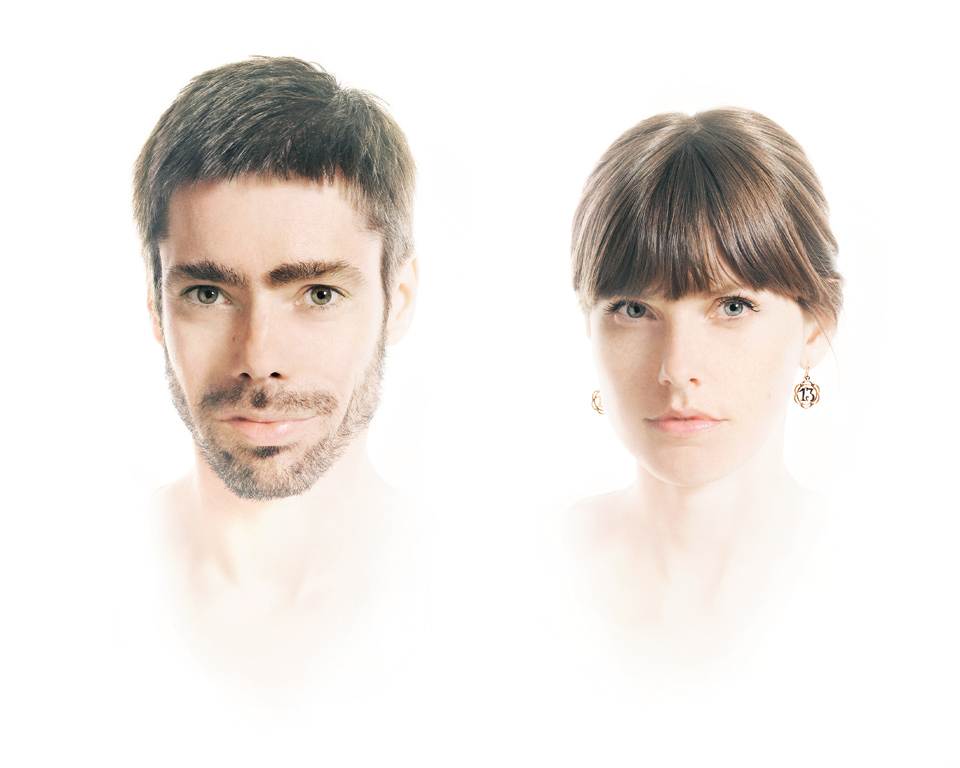
Studio Job's portrait
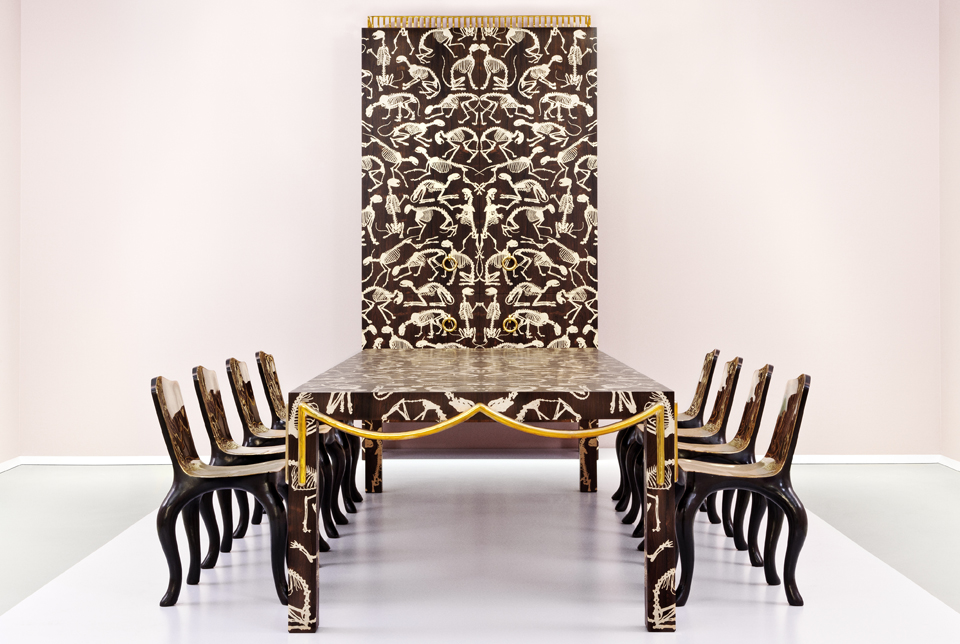
photo by R. Kot
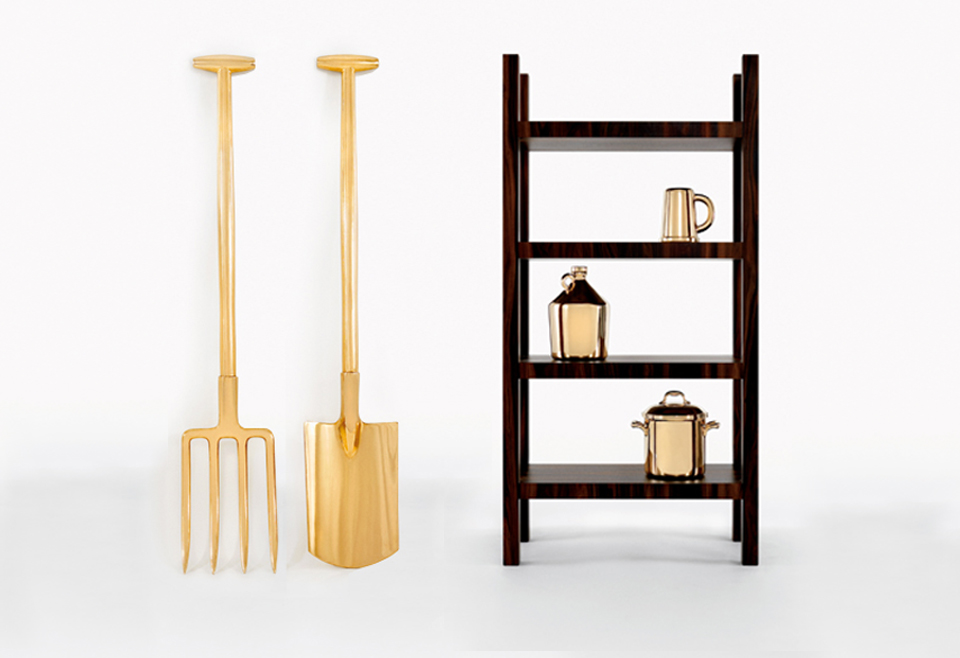
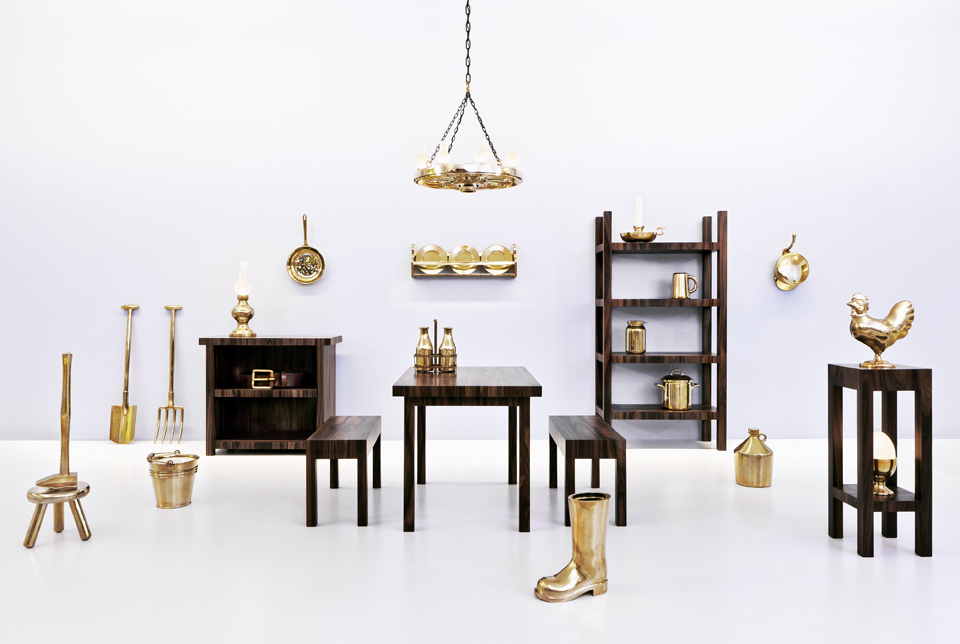
photo by R. Kot
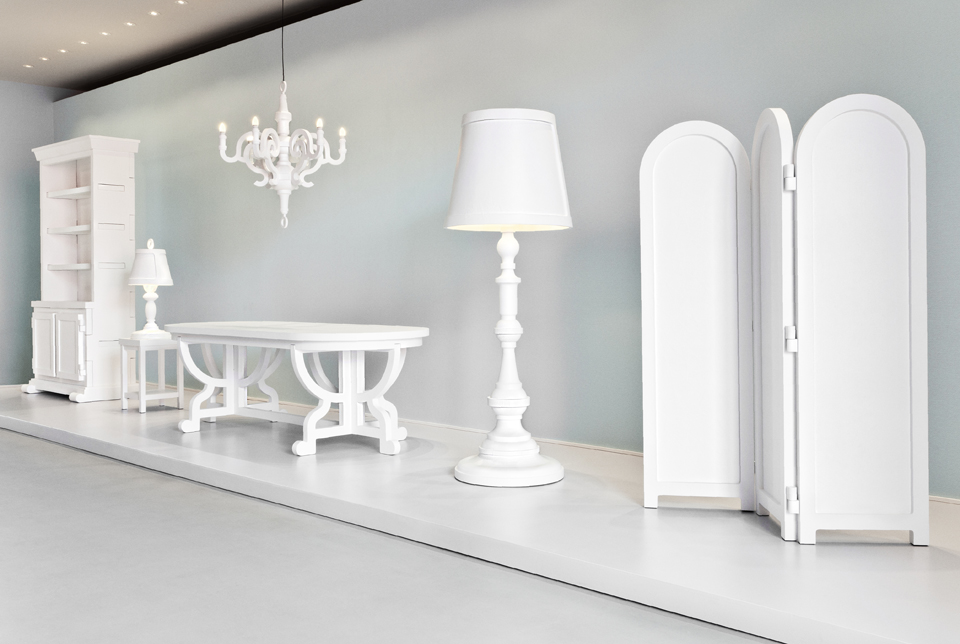
photo by R. Kot

